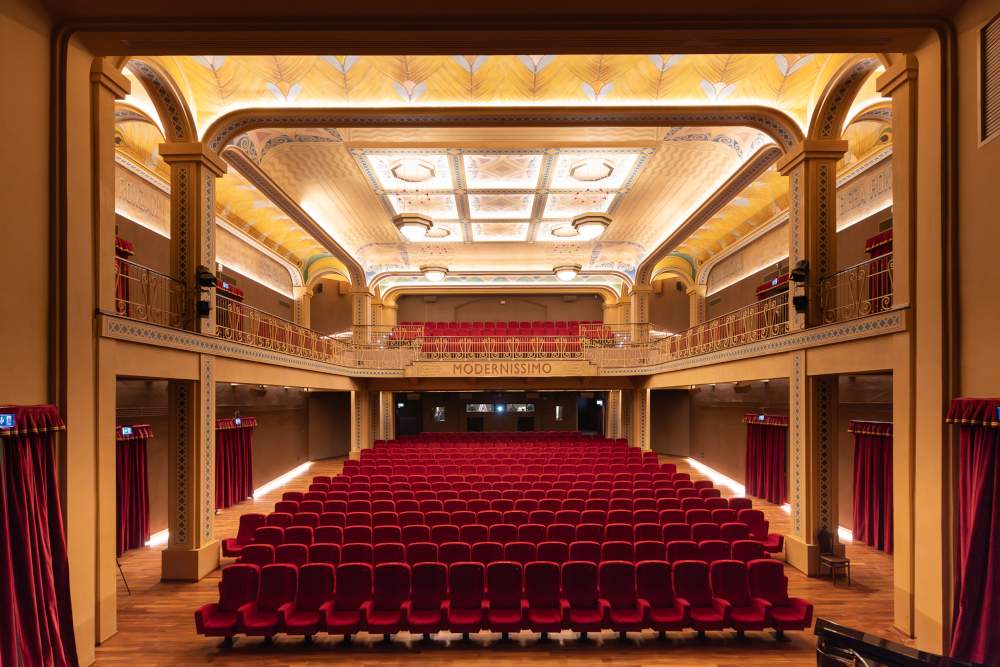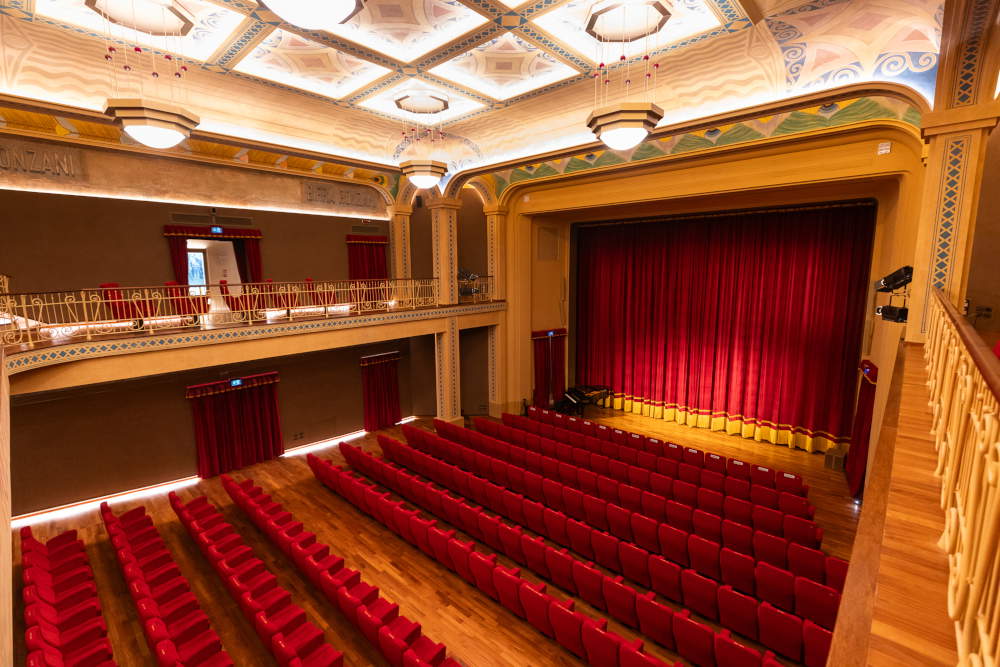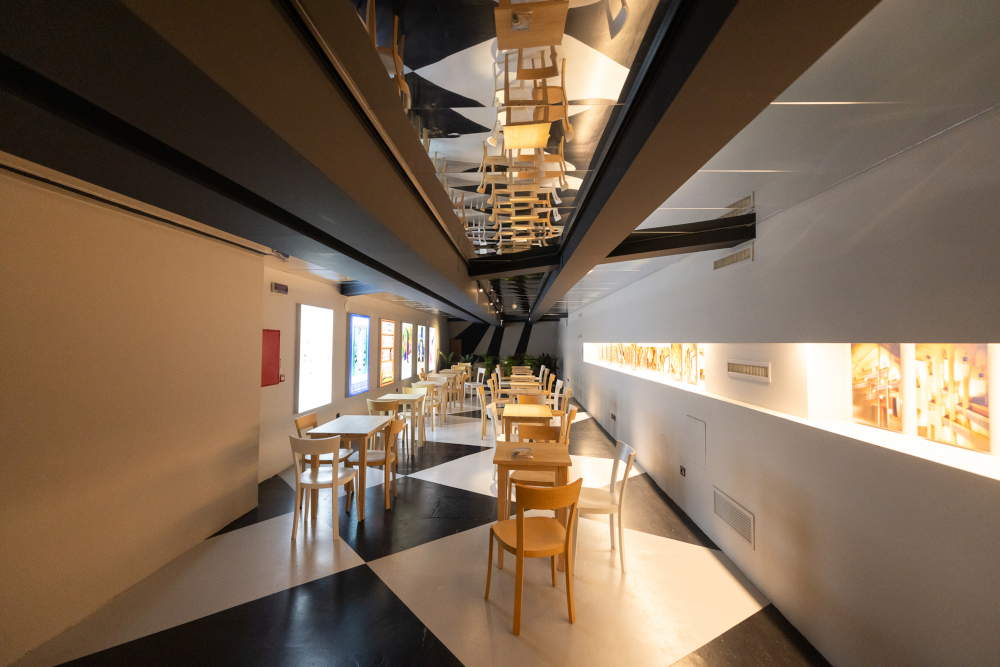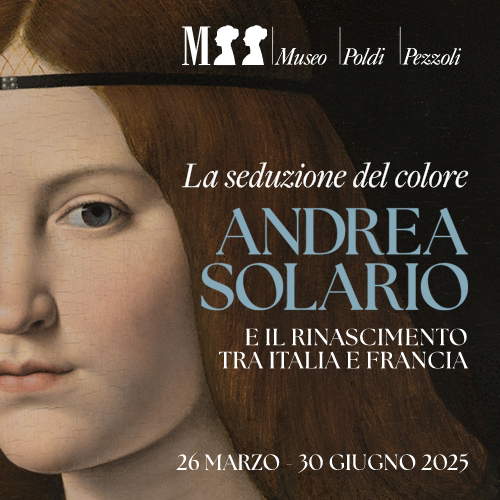Bologna, historic Cinema Modernissimo reopens. Wes Anderson among the great guests for the opening
Thanks to the Fondazione Cineteca di Bologna, the Cinema Modernissimo, a historic movie theater in Bologna ’s Palazzo Ronzani restored to its early 20th century splendor following a lengthy restoration project, reopened to the public on Nov. 21, 2023. Celebrated by the press for its sumptuousness, elegance and modernity, the cinema was opened on February 16, 1915 and closed in 2007. The reopening of the Cinema Modernissimo, restored to its twentieth-century artistic architectural identity with the ambition of making it a unique theater from a scenic-aesthetic point of view, is intended to stand in total contrast to the increasingly frequent closures of movie theaters, placing itself in the context of a new international focus on early 20th-century cinemas that has already led to the recovery, worldwide, of buildings of historical, artistic and cultural importance such as the Majestic Theatre in New York, the Cinema Louxor in Paris, the Metro Kino in Vienna and the Théâtre de l’Eden in Marseille.
The project to revive the historic movie theater in Piazza Maggiore stems from a memorandum of understanding between the Municipality of Bologna, the Fondazione Cineteca di Bologna and Emmegi Cinema (the company that owns the theater), with the collaboration of Confindustria Emilia Area Centro, and Gaumont, Pathé. It has received support in recent years from the Municipality of Bologna, Ministry of Culture. Several collaborations put in place for the opening days: Il Mulino (which for the occasion will give spectators a reprint of Ezio Raimondi’s La voce dei libri), Forno Brisa (which made Brisissimo - the Panettone Modernissimo), Good Vibes (which will run the Caffè Pathè), Anonima Impressori (which printed 108 copies, like the years since 1915, of the Modernissimo poster with the original wooden characters of the time), institutional partners such as Alma Mater Studiorum - University of Bologna and Bologna Welcome.
The restoration and reopening of the cinema represent not only an operation to give back to the city a place that has been closed for almost 20 years but has remained in the memory of the Bolognese, but also the return to life of the Sottopasso di via Rizzoli, which will become a permanent exhibition space.
To travel back in time to the Modernissimo of its origins, the Bolognese institution called the set designer Giancarlo Basili, among the most active in Italian cinema: a choice that, as Gian Luca Farinelli, director of the Cineteca di Bologna, clarifies, stems from the fact that “the architectural structure of the Modernissimo was already given, while we needed an artist who would make us dream and make the Modernissimo the place of surprise, an Atlantis of the spectacle.” Basili kept the original traces that remain, erasing the remodeling of the 1950s and 1960s but, starting from the photographs and design of the time, he also envisioned the creation of a place that celebrated cinema. Mario Nanni, on the other hand, was responsible for the creation of the entrance canopy (the opening of which, in Piazza Re Enzo, is assumed to be at the end of February) and the artistic design of some of the complex’s most significant spaces, such as the rooms in front of the foyer, which will also house the Pathé Café.
“We moved in the opposite direction, looking for the uniqueness of the Modernissimo,” Farinelli continues. "The first theaters were born around 1913, with the first feature films, and an Italian hit, Quo vadis?, triggered the emergence of venues dedicated to film events and no longer carved out of other spaces. Of course, the first source of inspiration was Italian-style theaters, and it is this beauty that we are going to look for. With an additional peculiarity, which has to do with the history of Bologna: the building that housed the Modernissimo from the beginning was born at the same time as the enlargement of what is now called Via Rizzoli, an operation that brought with it an idea of transformation of the city. Thus the first building of modernity, in Bologna, has at its heart the Modernissimo. An extraordinary and unrepeatable place, since its initial design."
For this opening, the Cineteca has organized a special program of events until Nov. 30: a ten-day-long celebration with a parterre of guests ranging from director Wes Anderson (who will be featured in several talks from Saturday, Nov. 25 to Monday, Nov. 27) to thelead actor of the film The Fly, Jeff Goldblum, female directors, actresses, actors, critics and scholars such as, in order of schedule, Cineteca di Bologna president Marco Bellocchio, Marco Tullio Giordana, Luca Bigazzi, Francesco Piccolo, Alina Marazzi, Paolo Mereghetti, Alice and Alba Rohrwacher, Josh O’Connor, Joel Meyerowitz, Ermanno Cavazzoni, Giuseppe Schillaci, Alessandro Bergonzoni, Enzo D’Alò, Toni Servillo, Éric Toledano and Olivier Nakache, Paola Cortellesi, Andrée Ruth Shammah, Paola Malanga, Jeremy Thomas, Marisa Paredes, Chema Prado, Giuseppe Tornatore, the Manetti Bros., Vinicio Capossela and Stefano Ricci, Pupi and Antonio Avati, Mario Martone, Vittorio Lingiardi, Giorgio Diritti.
For program info see the Cineteca di Bologna website.
Photo by Lorenzo Burlando.
 The
The


 |
| Bologna, historic Cinema Modernissimo reopens. Wes Anderson among the great guests for the opening |
Warning: the translation into English of the original Italian article was created using automatic tools. We undertake to review all articles, but we do not guarantee the total absence of inaccuracies in the translation due to the program. You can find the original by clicking on the ITA button. If you find any mistake,please contact us.



























